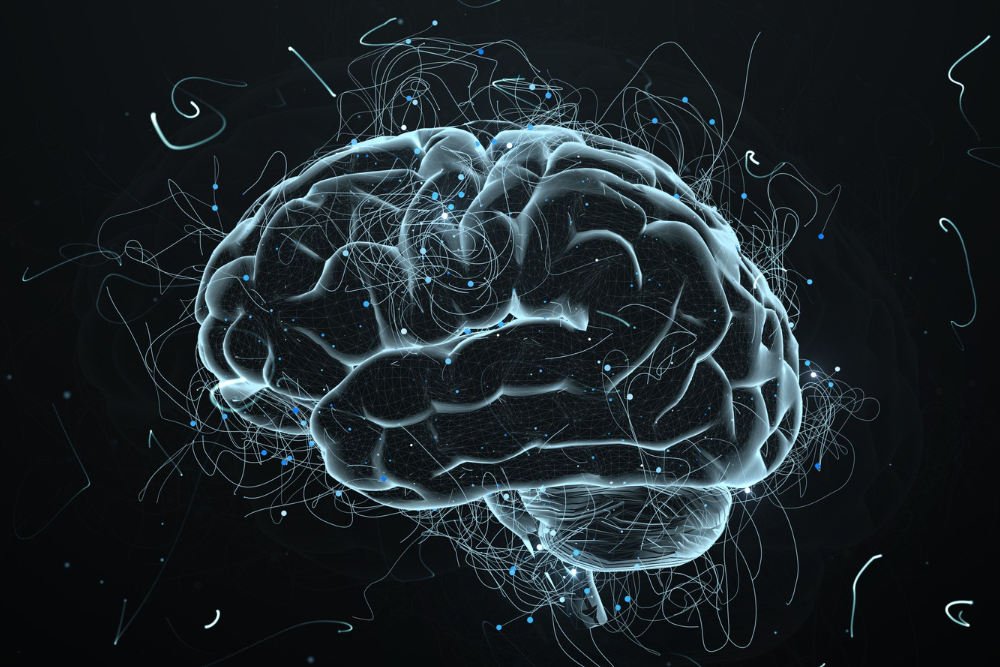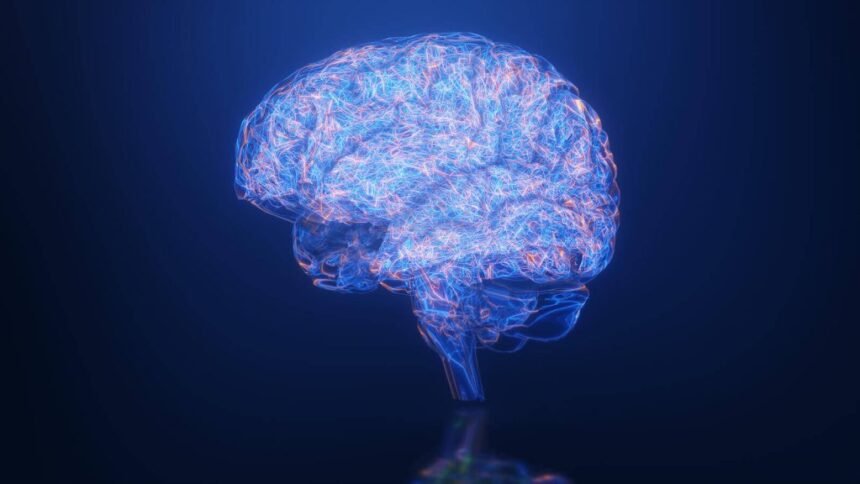Introduction
Have you ever noticed that activities that once brought joy now feel dull, or that you spend hours on social media without real enjoyment? These are common dopamine deficit symptoms, indicating an imbalance in dopamine, a key neurotransmitter responsible for motivation, reward, and pleasure. Modern life exposes the brain to highly stimulating foods, behaviors, and digital media that can overwhelm the reward system, leading to reduced satisfaction from everyday activities. Understanding these symptoms and learning how to restore dopamine balance can help bring back motivation, focus, and genuine enjoyment in life.
What Dopamine Is and Why It Matters
Dopamine is a chemical messenger produced in the brain that communicates between neurons, helping regulate essential processes such as mood, motivation, and the perception of pleasure. It allows the brain to evaluate experiences and assign them a sense of reward, guiding behavior toward activities necessary for survival and well-being. Dopamine is not solely responsible for pleasure, but it is one of the most important neurotransmitters for measuring the brain’s response to rewarding stimuli. When dopamine levels are balanced, simple pleasures feel satisfying, and motivation to pursue goals remains high.

Signs of Dopamine Deficit
A dopamine deficit can develop when the brain’s reward system is overstimulated repeatedly, leading to a downregulation of dopamine receptors. When this happens, everyday activities that once felt enjoyable may no longer bring satisfaction, leaving individuals feeling unmotivated and emotionally flat. People experiencing dopamine deficit often struggle to find excitement in hobbies, lose interest in social interactions, and rely on high-stimulation activities like video games, social media, or ultraprocessed foods to feel temporarily engaged. This pattern can create a cycle where dopamine release from natural rewards feels insufficient, driving cravings for stronger or faster sources of pleasure.
How Modern Lifestyles Affect Dopamine
Contemporary life is filled with easily accessible high-potency rewards. Ultraprocessed foods with high sugar content, addictive digital media, and social comparisons on social platforms all trigger intense dopamine responses. Unlike natural sources of pleasure, these modern stimuli often provide immediate and concentrated dopamine surges, which the brain may struggle to regulate. Over time, constant exposure can lower the baseline of pleasure, making normal daily activities feel less satisfying. Additionally, the convenience of modern life reduces friction to access these rewarding behaviors, increasing the likelihood of overconsumption and further disrupting dopamine balance.
The Connection Between Dopamine and Addiction
Dopamine plays a central role in addiction because it regulates the brain’s reward pathway. When highly stimulating behaviors or substances are repeatedly consumed, the brain adapts by reducing the sensitivity of dopamine receptors, which diminishes the sense of pleasure from normal activities. This adaptation can lead to tolerance, requiring more intense stimulation to achieve the same effect. Withdrawal symptoms such as irritability, anxiety, and low mood may appear when the behavior or substance is unavailable. Addiction is not limited to drugs or alcohol; digital media, sugar, and other highly rewarding behaviors can also hijack the brain’s dopamine dopamine deficit symptoms system, producing similar compulsive patterns.
Strategies to Reset Dopamine Balance
Restoring dopamine balance requires intentional changes to daily habits and environments. One effective approach is a structured abstinence period, often referred to as a dopamine fast. This involves avoiding the behavior or substance that is overstimulating for a set period, typically around 30 days. During this time, individuals may experience temporary discomfort as the brain adjusts, but over a few weeks, simple pleasures regain their appeal, and motivation returns.
Another important strategy is creating physical and behavioral barriers to overstimulating activities. For instance, removing ultraprocessed foods from the home or scheduling limited, intentional time for social media can help reduce compulsive consumption. Surrounding oneself with people who practice healthy behaviors also reinforces positive habits. After the abstinence period, reintroducing these activities in a controlled, intentional way allows for moderation while maintaining balance in the reward system.
Lifestyle Changes to Support Dopamine Function
“Natural ways to support dopamine include regular exercise, eating a balanced diet, getting enough sleep, and practicing mindfulness. Exercise helps increase dopamine receptor density, enhancing the brain’s response to natural rewards. Eating tyrosine-rich foods such as eggs, nuts, and lean proteins helps the body produce dopamine. Quality sleep regulates dopamine sensitivity, while meditation and mindfulness reduce stress and improve emotional regulation. Setting achievable goals and celebrating small successes also creates healthy dopamine responses, reinforcing motivation and positive behavior. https://med.stanford.edu/addictionmedicine.html

Preventing Future Dopamine Deficits
Maintaining balanced dopamine levels requires awareness and intentional planning. Limiting exposure to high-potency rewards, monitoring digital media usage, and creating environments that support moderation are key strategies. Intentional self-binding can prevent overconsumption. This includes setting boundaries around screen time or keeping tempting foods out of reach. Engaging in social circles that model balanced behavior further reinforces healthy patterns. By managing these influences consciously, individuals can maintain a stable dopamine system. This helps reduce dopamine deficit symptoms and brings more enjoyment and motivation to daily life.
Conclusion
Dopamine deficit can quietly undermine motivation, pleasure, and overall life satisfaction. Recognizing the signs and understanding what disrupts dopamine balance can help. Using intentional strategies to reset the reward system restores joy in simple activities. Structured abstinence, environmental changes, and healthy lifestyle practices can help regain dopamine balance and rediscover natural sources of pleasure..




